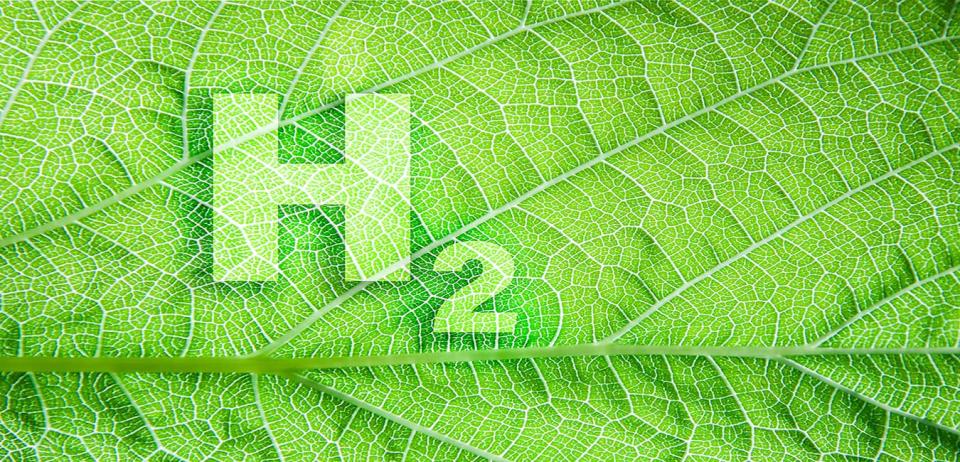As indicated by the recently signed $34 billion deal for a massive green hydrogen project in Mauritania, the European Union is interested in the potential of Africa’s untapped green hydrogen industry and is strengthening its relationships with the energy and climate change sectors as a result.
Following a recent rush on Africa’s natural gas resources in response to the flare-up of the Russia-Ukraine war in March 2022, Europe chose the continent as a substitute natural gas supply market. The European energy ministers and other political figures traveled to North African nations as part of a charm drive, and gas ventures in East and West Africa got renewed backing.
Now, Europe is increasingly focusing on what appears to be an early race to build up clean energy resources as part of a major, continued transition away from fossil fuels. The EU and its individual member countries and companies have begun making massive commitments to green hydrogen and other forms of green energy in Africa, including provisions for exports from the continent to serve Europe’s domestic needs.
For example, earlier this month, an international consortium made up of German project developer Conjuncta, UAE renewable energy giant MASDAR, and Egyptian technology provider Infinity signed a memorandum of understanding with the Mauritanian Ministry of Petroleum, Mines, and Energy in a deal to produce up to 8 million tons of green hydrogen annually for the international market.
The European Union Commission and European Investment Bank (EIB) have also signed strategic partnerships with Kenya and Morocco for multi-million-dollar green hydrogen investments.
The “Africa’s Extraordinary Green Hydrogen Potential” report, which was released by the EIB in 2022 and shows enormous potential for green gas in Mauritania, Morocco, Southern Africa, and Egypt, underlines the EU’s confidence in Africa’s renewable energy resources. This and other impending partnerships are increasingly being documented in various reports.
Utilizing Africa’s solar energy to produce 50 million tons of green hydrogen annually by 2035 can help secure the world’s energy supply, create jobs, decarbonize heavy industry, boost global competitiveness, and transform access to clean water and sustainable energy, according to the study, which confirms €1 trillion in extraordinary green hydrogen potential for Africa.

